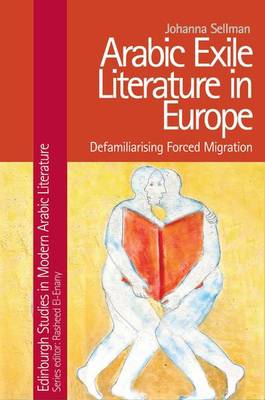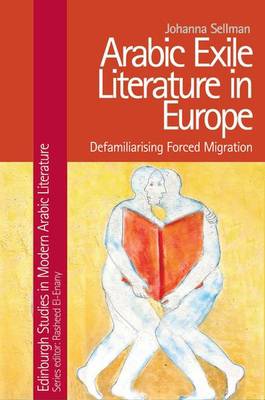
- Afhalen na 1 uur in een winkel met voorraad
- Gratis thuislevering in België vanaf € 30
- Ruim aanbod met 7 miljoen producten
- Afhalen na 1 uur in een winkel met voorraad
- Gratis thuislevering in België vanaf € 30
- Ruim aanbod met 7 miljoen producten
Omschrijving
Since the 1990s, Arabic exile literature in Europe has increasingly become a literature written from the perspective of refugees, asylum seekers, undocumented migrants and others who are situated outside normatively defined citizenship. In this book, Johanna Sellman analyses the changing aesthetic and political dimensions of Arabic exile literature and demonstrates how frameworks such as east-west cultural encounters, political commitment and modernist understandings of exile - which were dominant in 20th-century Arabic exile literature - have been giving way to writing that explores the dynamics of forced migration and the liminal spaces of borders and borderlands.
Specificaties
Betrokkenen
- Auteur(s):
- Uitgeverij:
Inhoud
- Aantal bladzijden:
- 280
- Taal:
- Engels
- Reeks:
Eigenschappen
- Productcode (EAN):
- 9781399500128
- Verschijningsdatum:
- 18/10/2022
- Uitvoering:
- Hardcover
- Formaat:
- Genaaid
- Afmetingen:
- 156 mm x 234 mm
- Gewicht:
- 566 g

Alleen bij Standaard Boekhandel
Beoordelingen
We publiceren alleen reviews die voldoen aan de voorwaarden voor reviews. Bekijk onze voorwaarden voor reviews.









